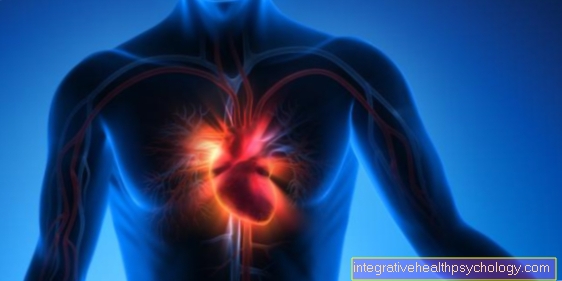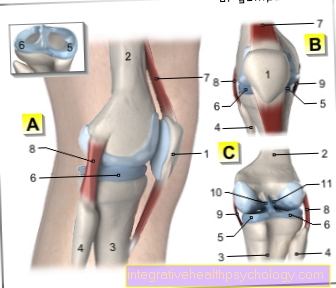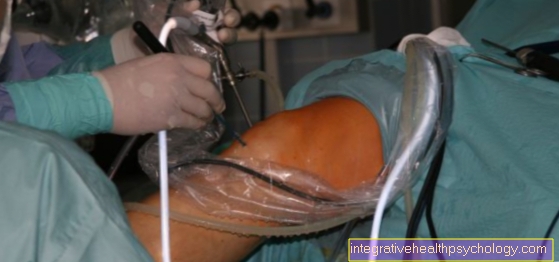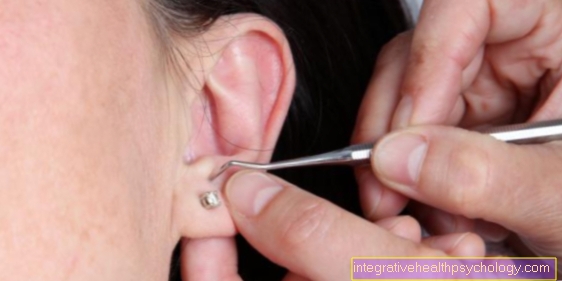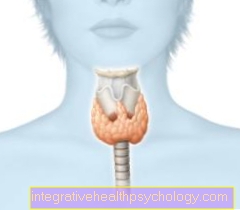The Cushing Test
What is the Cushing Test?
Cushing's syndrome is a common metabolic disease that is associated with disorders and changes in the cortisone metabolism. Cortisone is a so-called "stress hormone" that is involved in many metabolic processes in various organs in the body. An excess of cortisone in the body can trigger Cushing's syndrome, which can be associated with numerous symptoms. Cushing tests are essential to prove Cushing's syndrome and thus an increase in the cortisone level, but also to differentiate the cause of the disease. Various organs are already involved in the regulation and production of the hormone, especially the pituitary gland and the adrenal cortex. Cushing tests can use hormone precursors and reactions of the body to identify dysregulation and thus the origin of the disease. Various different tests are available for this. First and foremost there is the so-called “dexamethasone screening test”, which can be carried out on both humans and animals.
For more information on dexamethasone, visit: This is dexamethasone!

What are the indications for the test?
The primary Cushing test is carried out if Cushing's syndrome, i.e. an increased presence of cortisone, is suspected. Cushing's syndrome can manifest itself with numerous symptoms. Typical are redistributions of adipose tissue with a moon face, a bull neck and a so-called “trunk obesity”, ie a male fat distribution type. Furthermore, the hormone changes can cause high blood pressure, skin bleeding, osteoporosis and muscle wasting. It is not uncommon for psychological changes to occur, for example in the form of particular euphoria or with depressive symptoms. In development, short stature, infertility, small testicles and menstrual disorders can also occur. These are all typical symptoms of Cushing's syndrome, which in combination provide an urgent suspicion of Cushing's syndrome and are indications for Cushing tests. Different tests produce different results. If the primary dexamethasone test gives a positive result, further tests are indicated to differentiate the exact causes of Cushing's syndrome.
For more information, see: Cushing Syndrome
Course of the test
The dexamethasone screening test, which precedes other Cushing tests, is carried out by administering dexamethasone once a night. This is an artificial cortisone-like drug. As a result of the single administration, the further production of cortisone is suppressed in healthy people via a counter-regulation. If the cortisone level in the blood is determined in the morning and the values are the same as the day before, then Cushing's syndrome is proven. This is due to the fact that the regulatory mechanisms no longer work due to the pathological excess of cortisone and the level remains elevated despite the nocturnal administration of dexamethasone.
However, the exact reason for Cushing's syndrome has not been determined, which is why further hormone level determinations and tests have to be carried out. The levels of the various regulatory hormones in the organs can be determined for this purpose. The determination of the hormones "ACTH" and "CRH" in most cases already provide information on the causative organ.
Also read the article: The dexamethasone inhibition test.
What results does the Cushing test provide?
In order for the Cushing test to be meaningful, the cortisone level in the blood must be determined the day before. The next morning, the level is determined again after the dexamethasone was taken the night before. The result of the test shows whether there has been a change in the cortisone level after taking the dexamethasone. A reduction in the cortisone level suggests a healthy counter-regulation and suppression of cortisone production. Constant values or even an increase indicate that the regulatory mechanisms no longer take place and that Cushing's syndrome is present. However, it cannot be used to determine whether this is caused in the adrenal gland, the pituitary gland or by other malfunctions.
For more information, see: Cushing Syndrome
What is the consequence of this test?
Further diagnostics follow from a positive Cushing test. First and foremost is the determination of the "ACTH" in the blood and the brain, as well as the "CRH". Different constellations of the hormones often give clear indications of the underlying organ. In addition, imaging procedures such as computed tomography can be carried out, whereby any responsible tumors of the pituitary gland or the adrenal gland can be detected. The resulting therapy depends heavily on the cause of the disease. The most common form of Cushing's syndrome is caused by drug delivery of the cortisone, which is why the primary measure is to discontinue potential drugs. Causal tumors can and should be surgically removed promptly. In most cases, the tumors are benign, which is why the diseases can be treated definitively with one-off operations. The cortisone production in the body can also be suppressed with medication if an operation does not provide any prospect of a cure for the disease.
What does the test cost?
In clinical diagnostics in humans, the test is paid for by health insurers if there is an underlying suspicion. In veterinary medicine, however, the sometimes complex tests have to be paid for yourself. Here, too, there are several test variants with different significance. The pure hormone determinations in the blood are more favorable than the multi-stage primary Cushing test. In particular, the "ACTH" and "CRH" determination can provide important information on Cushing's syndrome for around € 50. The dexamethasone screening test, however, requires the hormone test twice and the dexamethasone to be administered at night. In animals, this test often costs between € 150 and € 200.
Cushing test in dogs and horses
Cushing's syndrome can occur frequently in dogs and horses in particular. The symptoms sometimes differed greatly, so that examining the animals alone is often not sufficient. Important pioneering symptoms are diffuse hair loss, muscle wasting, apathy, fatigue and frequent urination. Similar to humans, there are also limitations in the immune defense and repair mechanisms in the body, so that wound healing disorders and susceptibility to infection are the result. Clear findings do not necessarily have to result in a test. If the symptoms improve quickly after the start of therapy, this also confirms the diagnosis. When carrying out Cushing tests, taking into account the costs, determining the hormone level can be preferred to the laborious screening test.



